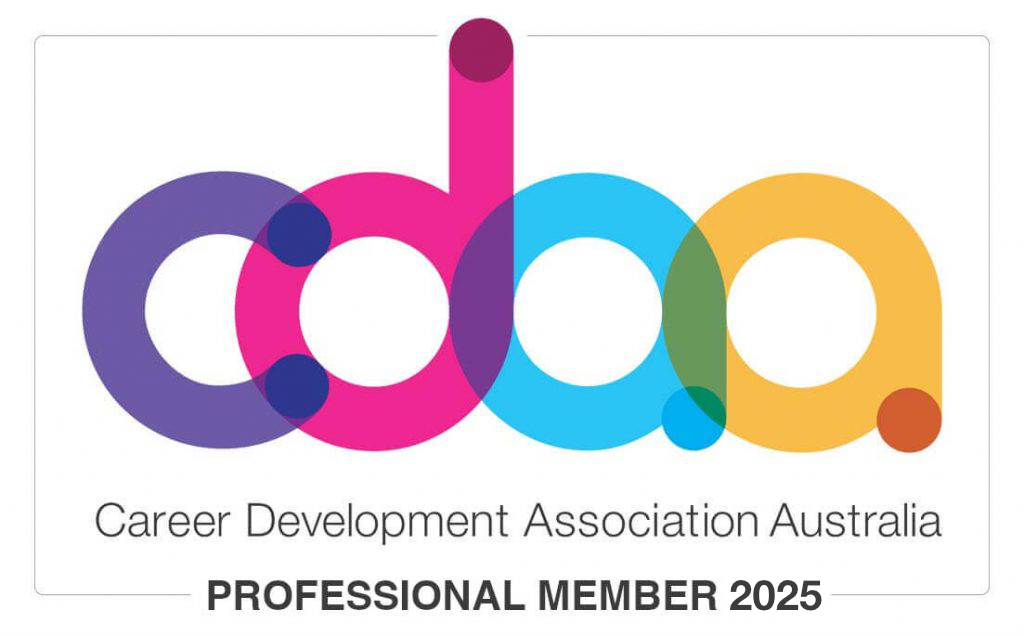HOW TO MAKE THE MOST OF UNIVERSITY VIRTUAL OPEN DAYS
This time last year, few people could have imagined the impact COVID-19 would have on our lives and studies. Year 12 students have had their final year of school disrupted from a learning and social perspective and COVID-19 has challenged all households in various ways.
Yet, like schools, our universities have had to adapt to the unexpected and are rolling out informative and interactive Open Days online.
Having provided advice to prospective students at more university open days than I care to remember, here are a few tips aimed primarily at local secondary students looking to study undergraduate courses in Victoria.
They might help you and your teenager embrace open days and compare courses. Most of the same principles apply whether preparing for an online or on campus experience.
Be informed. Research prospective study courses and be virtually ready
My usual advice to students and parents is to limit the number of Open Days you attend, to avoid feeling overwhelmed.
However, with University Open Days going online and many this year being held over multiple days as opposed to one, accessibility is improved, and the experience is far less exhausting.
Virtual Open Days may help you access more campuses, in Victoria and elsewhere. You will feel very productive.
When choosing which virtual Open Days to ‘attend’ do keep in mind the breadth of courses offered, your child’s preferences, proximity of the campus to transport, fees, suitability, size and so on.
Together with your teenager (ideally!), make a list of the faculties/schools you would like to visit and jot down some questions you would like answered.
Online university open day schedules and apps are even more important this year.
Diarise the dates and check if you need to register for sessions, particularly interactive Q&A panels with course directors and current/former students and webinars/sample lectures.
Pay attention to the timing of live chats, virtual campus walk throughs and presentations from faculty leaders, current students and alumni and careers staff.
Bring your teenager into the picture
If jumping online with your child, encourage them (if appropriate) to take some ownership and chat directly to staff and current students. It is about their future, not yours.
Online chats will make this easier in many respects. Also, there is less reason for your child to be embarrassed by you asking a question in a crowded lecture theatre.
If you have a burning question, you can simply ask online, even from a different device, and many universities are offering specific information sessions for parents.
Remember, you can always follow up with questions directly to the university after Open Days.
Be mindful of changes and opportunities
Every year, changes happen in the sector. New courses will be introduced (some with increased government subsidies) and some courses will be phased out or rebranded.
New facilities will open, new scholarships may be introduced and sometimes the entrance criteria changes, including subject prerequisites. Do not assume the course you looked at two years ago, has the same format.
The latter is particularly important for year 12 students with universities increasingly releasing early student offers with some placing less emphasis on a student’s ATAR.
Developments can equate to opportunity for prospective students. I have seen more than a few students who wished they had re-visited a campus/course they had dismissed a few years earlier.
Students who have deferred 2020 and are on a gap year, may benefit from re-investigating their course options. Read more about my thoughts on the gap year during COVID-19 here.
Remove the pressure
Many secondary school students are understandably overwhelmed by the career choices available. The thought of ‘choosing’ their future career at 15 or 16 is confronting and in many respects, unnecessary.
As parents or guardians, we should remember that this generation of adolescents can expect to have several careers throughout their working lives, with some adopting work arrangements we’d have not thought possible and embarking on careers not invented yet, especially in the STEM fields.
We need to reassure young people that it is perfectly fine, arguably advantageous, to have multiple interests and skills.
With the increasing popularity of double degrees and professional graduate degrees, opportunities abound for students to develop their interests and skills whilst studying and/or working.
Yes, particularly in the current economic climate, it is prudent to be aware of occupations where there are skill shortages and sectors/skill combinations earmarked for future growth, though this is only part of the equation.
In my experience, the students who have been happiest at university and stayed the course, are those studying what they are genuinely curious about.
This is just the start of their journey and we should be mindful that looking ahead, the skills most sought after will be transferable across sectors and not necessarily occupation focused.
These include, for instance, critical problem solving, teamwork, communication skills, intuition, creativity and adaptability, data analysis and importantly, curiosity.
What about the campus experience?
Whilst is not a replacement for walking the grounds, a virtual campus tour will give you and your teenager some feel for a campus and university life in general, not simply what courses are currently available.
Investigate the clubs and societies, camps, sport facilities and so on.
Remember, students do not have to select their course preferences on Open Day and learning what they do not like and rather like, will help narrow the search. Ideally, when appropriate to do so, visit the Universities or plan to attend in 2021.
Open days arguably put the hard work of studying at school into perspective for many secondary school students, especially Year 12 students who have had a particularly challenging year.
Ask questions
Engage with current students online, alumni, course directors and faculty staff.
Why not ask them what they do/do not enjoy about the course, their future career/study plans, what they like about life on campus and what they have found beneficial/ challenging about online study this year.
Many students are asking me whether I think tertiary study will be back on campus next year. As the parent of a current university student and optimist, I hope so.
There are no guarantees though universities have and will continue to work hard to give students the best experience possible.
As a parent, I would also be interested in knowing what support is offered to students by way of study support, counselling, health and disability support, careers assistance, library resources, student employment, security on campus, accommodation options (if relevant).
I would also be looking at how the university has adapted to COVID-19 this year and support provided to current students.
Uncover the important details
What are the current course entry requirements, prerequisite subjects, contact hours and the like?
What subjects/majors and streams are offered within degrees you are contemplating?
Is the course offered on multiple campuses?
What are the typical career outcomes for the program(s) and what flexibility is there to change specializations within the course, change study load from full time to part time?
Is graduate employment data available for the course? Is demand for the occupation likely to be steady and/or increase or decline? Where are the likely future opportunities?
Does the degree include work-integrated learning – placements, internship programs, mentoring? This really adds value.
Is the course accredited with relevant industry bodies or in the process of being? The websites of professional industry bodies are also a great career resource.
What are the alternate study pathways for entry into the course? This might include TAFE, competing some university single subjects and so on.
What options exist for double degrees, transfers between similar courses, postgraduate study options?
Remember ATARs are indicative only and subject to change
The ranking is often based on supply and demand and not necessarily how academically challenging the course is (with some notable exceptions).
Your child’s estimated ATAR range should not form the basis of their career exploration.
Indeed, I am increasingly hearing of students as young as 14 or 15 using online ‘ATAR calculators’ to predict their ‘ranking’ and then limiting themselves to looking at occupations/courses within this range at specific universities.
Quite apart from being problematic on many fronts, students frequently misunderstand how the ATAR is calculated and scaled, the impact of bonuses and special consideration etc.
They may also be denying themselves the opportunity to explore a more diverse range of career interests. It is important to choose a course for the right reason – you can read my thoughts on this here.
Certainly, be realistic when assessing courses, particularly subject prerequisites, though do remind your child that their ATAR score does not define them and alternate pathways to their preferred career(s) are often possible, so encourage them to think broadly initially.
Ultimately, university study is only part of the picture. The TAFE sector, for instance, provides students with options from vocational training through to more academic offerings.
In Victoria, some TAFE courses are free. They are also clear pathways to university study in many study fields through Diploma courses or even taking a single university subject.
When virtual Open Days are over, your child might need to revisit their VCE subject choices, secondary school study path or tertiary course preferences in consultation with their teachers and ideally a career professional.
Links to University virtual open days
Find out more by clicking these links:
University of Melbourne
Swinburne University of Technology
RMIT University
La Trobe University
Deakin University
Monash University
Victoria University
Federation University
Australian Catholic University
Helen Green is Director of Career Confident. She is a qualified careers practitioner and careers writer, with more than two decades working in senior education and career program management roles. She most recently worked at Melbourne Law School, University of Melbourne, as the School’s Career Programs Consultant. She has children at secondary school and university.







